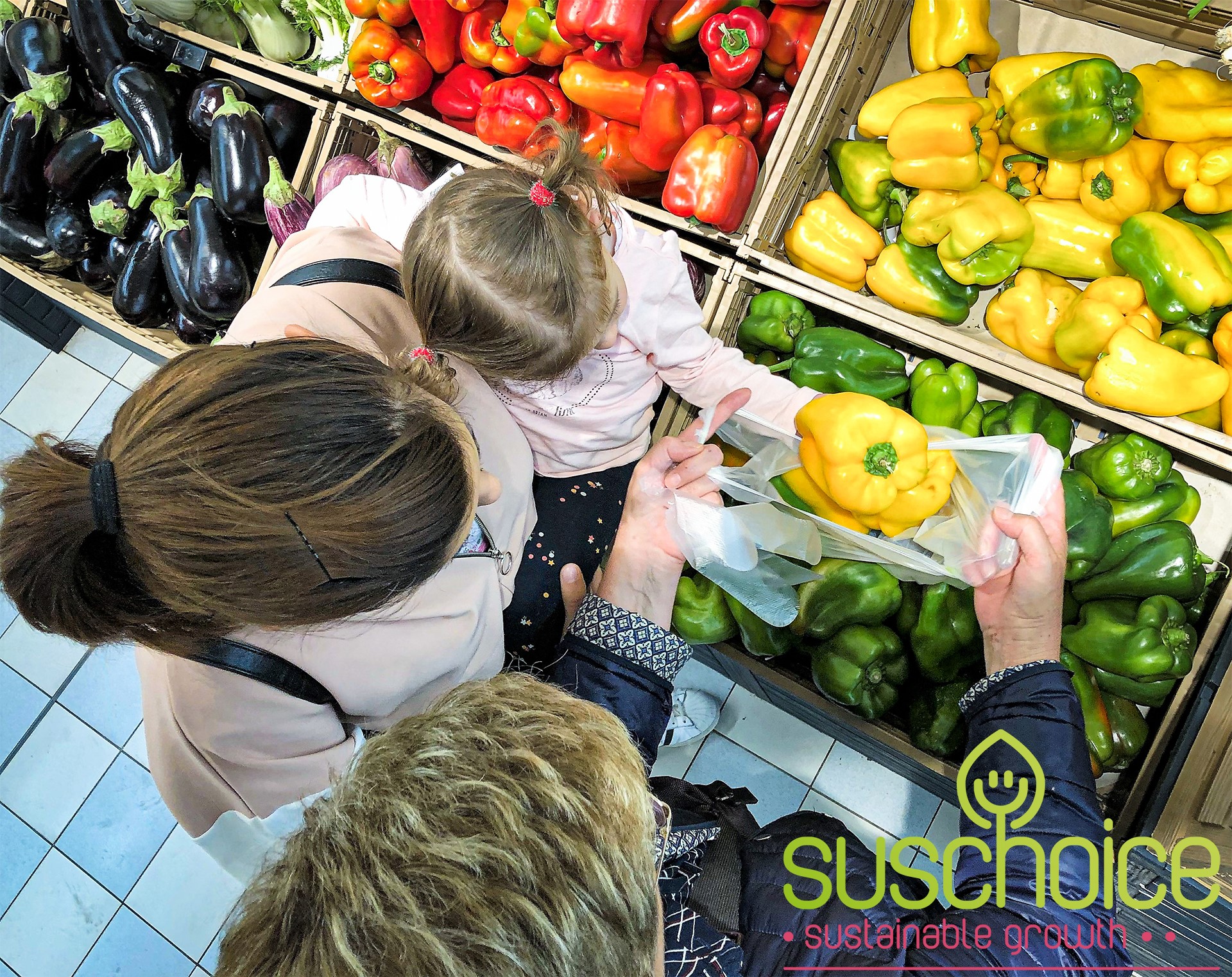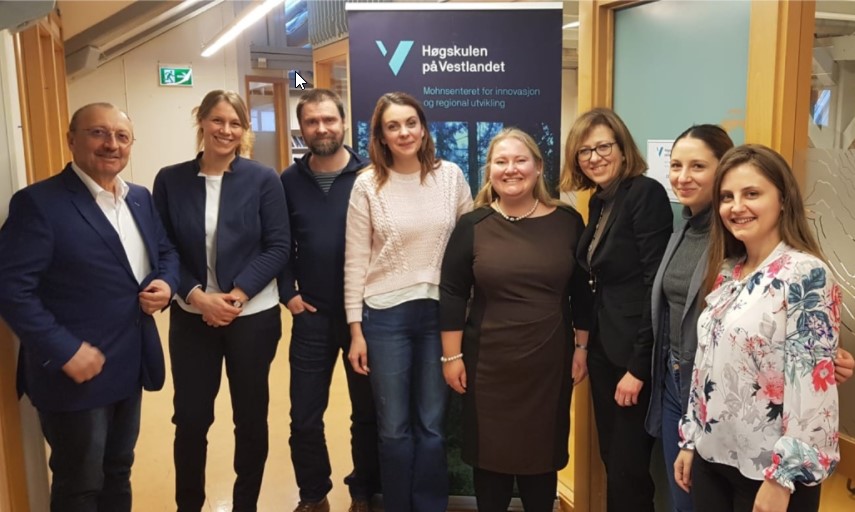Towards Sustainable Food and Drink Choices among European Young Adults: Drivers, Barriers and Strategical Implications

Introduction / Background
Most consumers claim to be willing to buy sustainable food products, however the share of responsibly produced food in total consumption has remained low. This attitude-behavior gap can partially be explained by the individual consumer characteristics, which means that macro and structural factors of sustainable consumption tend to be ignored in the most studies.
There is a need to consider a wider range of determinants of the sustainable food and drink choice. To address this issue, SUSCHOICE has a two-fold purpose:
(a) to identify the effects of different factors (macro, structural and individual) influencing consumers to sustainable food and drink choices in five European countries and
(b) to evaluate the public policy and marketing strategies for promoting sustainable food and drink consumption.
SUSCHOICE focuses on young adults as they represent the consumers of the future and influence food choices of both previous and future generations. The project will result in creating a new theoretical framework reflecting the complexity of sustainable consumption choices and provide resource-efficient, green, and low-carbon economy.
Partners come from five countries (Italy, Germany, Norway, Romania and Sweden) representing different cultural and geographical contexts and food and drink styles. SUSCHOICE will employ triangulation approach combining quantitative and qualitative methods (e.g. in-depth interviews, transnational surveys, discrete/structural choice models and scenario development) to provide a high credibility of the results. Multidisciplinary nature (combination of marketing, consumer sociology, environmental economics, innovation, entrepreneurship, regional policy, and rural economics) will allow analysing sustainable consumer behavior in an integrated manner by using different theoretical perspectives.

Aim
The project aims at deepening our understanding of consumers’ trust in sustainable claims in order to investigate which factors they perceive as facilitating or limiting sustainable food choice and how these factors can be managed by policy makers and the food industry.
It intends to shed light on the attitude-behaviour gap and investigate the drivers and barriers of collective and individual nature for sustainable food and drink purchase behaviour among European young adults (20-34 years old).
The project goals are:
(a) to identify the effects of different factors (macro, structural and individual) influencing consumers’ sustainable food choices;
(b) to evaluate the possible strategies for promoting sustainable food consumption based on the different macro and structural conditions and individual life contexts.
Expected results
Our main hypothesis is that sustainable food and drink choices among young adults are determined not only by individual (e.g., life values and goals, search for convenience, brand loyalty, importance of price, food routines, healthy lifestyle, and so forth) but also by macro (e.g., food culture, food education, social campaigns, advertising, and so forth) and structural (e.g., labelling schemes, food and drink regulations, product availability and accessibility, distribution systems, transport system, urban vs rural linkages, and so forth) factors and therefore differ across European countries. As a result, there is a need to adjust accordingly public policy and marketing strategies for promoting sustainable food and drink consumption.
Keywords
Young adults, Food and drink choices, Sustainable consumption determinants, Discrete choice experiments, Qualitative analysis

Project consortium
Coordinated by
Prof. Roberta Capitello - University of Verona ITALY
Partners
- NORWAY: Western Norway University of Applied Sciences
- SWEDEN: Lund University
- GERMANY: Geisenheim University
- ROMANIA: Bucharest University of Economic Studies (ASE Bucuresti)
Runtime project
The SUSCHOICE project started in 01/09/2018 and runs until 31/12/2021.
Follow the project
More information
- International conference EUROSENSE 2018 “A Sense of Taste” in Verona poster
- SUSFOOD2 ERA-net kick-off meeting presentation of SUSCHOICE project
- SUSCHOICE project-presentation CAFEE Bucharest Nov2018
- Project mid-term presentation
- Project mid-term poster
- Presentation of the Bergen Municipality representative Sustainable food for HVL
Research articles
- Developing Sustainable Food Systems in Europe: National Policies and Stakeholder Perspectives in a Four-Country Analysis
- Boboc, D., Constantin, F., Diaconeasa, M., The Role and Basis of Romania’s National Sustainable Development Strategy
- Popescu, G., Diaconeasa, M., Zaharia, A., Supporting Entrepreneurship Through National Programs. Case Study Start-Up Nation Romania
- Zaharia, A., Diaconeasa, M., Jianu, R., Implications of Food Consumption on Sustainable Development in the European Union
- Popescu, G., Istudor, N., Zaharia, A., Overview of the Romanian Drinks Market since 2013: Under the Sustainability Umbrella